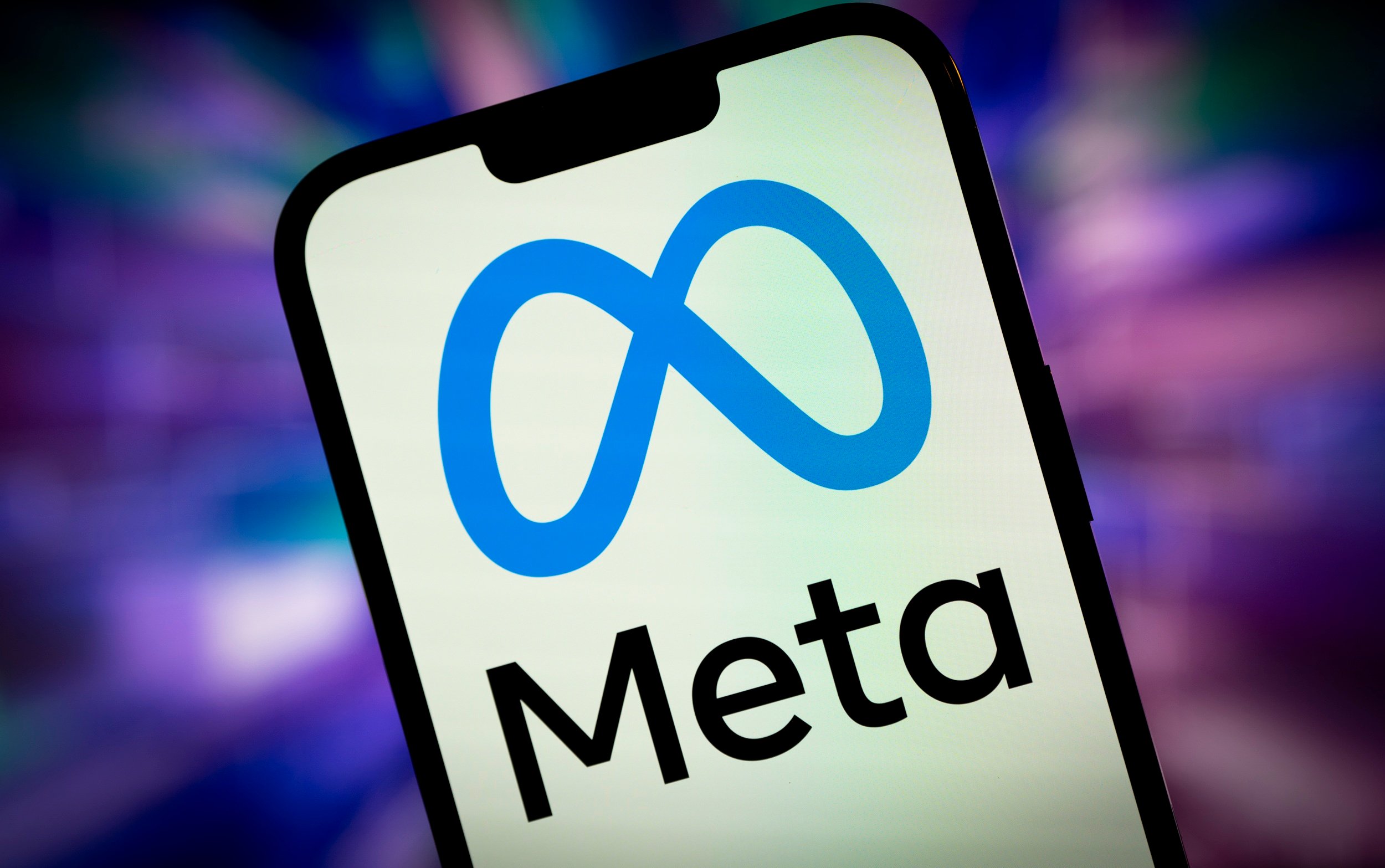SMS texting is an antiquated technology that deserves to die.
There, I said it. Although as a pure profit center, wireless carriers have every incentive to further entrench the technology.
The clearest examples of this effort are how Verizon (VZ +1.46%) now requires new subscribers to sign up for pricey Share Everything plans that include both unlimited talk and text, forcing consumers to overpay for services where usage is on the decline. AT&T (T +2.87%) doesn't require customers to pay for its similar Mobile Share plans, but in August of last year it axed its tiered texting plans and began offering only an unlimited option.
That move by Ma Bell was very likely a response to Apple's (AAPL +0.39%) free iMessage service that was unveiled just two months prior with iOS 5. A report released this month by industry analyst Chetan Sharma showed that the number of SMS texts sent as well as total messaging revenue in the market declined for the first time ever in the third quarter.
There have long been alternatives to SMS, but many have had trouble gaining traction simply due to lacking the inherent network effects that SMS has. For example, iMessage is only available to iOS users. That's a large installed base, but chances are iOS users still have enough non-iOS contacts that they still can't ditch their pricey SMS plans entirely.
Enter Facebook (FB +10.46%). As the largest social network on the planet, Facebook has obvious network effects. The company launched its Facebook Messenger app long ago, which has more promise in some ways as a cross-platform app also available on Google (GOOG 0.20%) Android and Microsoft (MSFT 12.00%) Windows Phone.
The company has 189 million monthly active users in the U.S. and Canada, so most people have a Facebook account anyway. Well, Facebook messenger just became even more of a threat to carriers' SMS businesses, as it's now open to users who don't have Facebook accounts. Starting with an update to the Android version, users can now create a Facebook Messenger account with just a name and phone number. Presumably, updates for other platforms like iOS and Windows Phone will follow.
That's just another addition to the growing list of SMS threats facing carriers.











